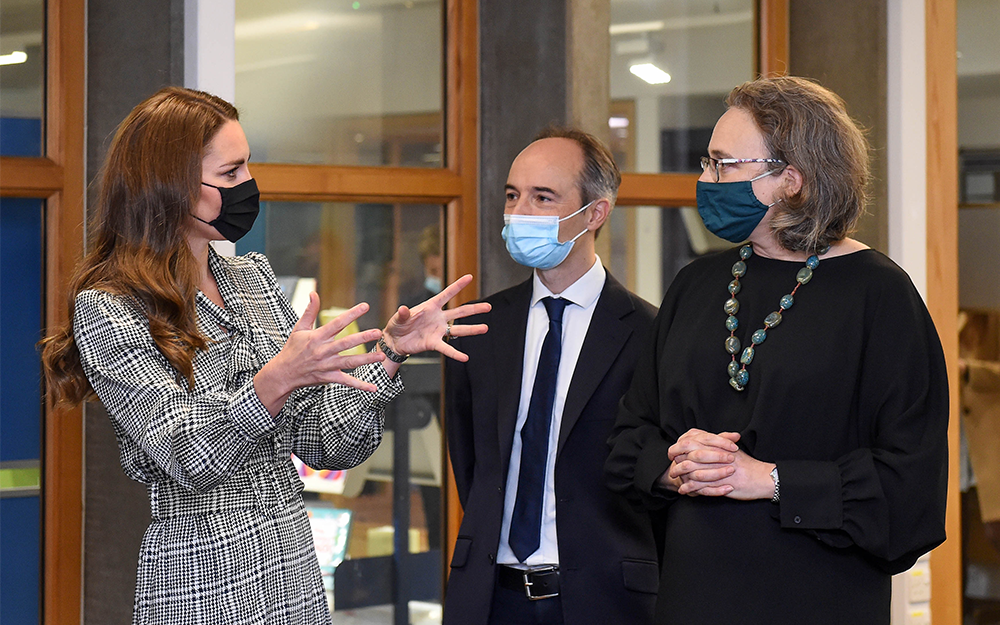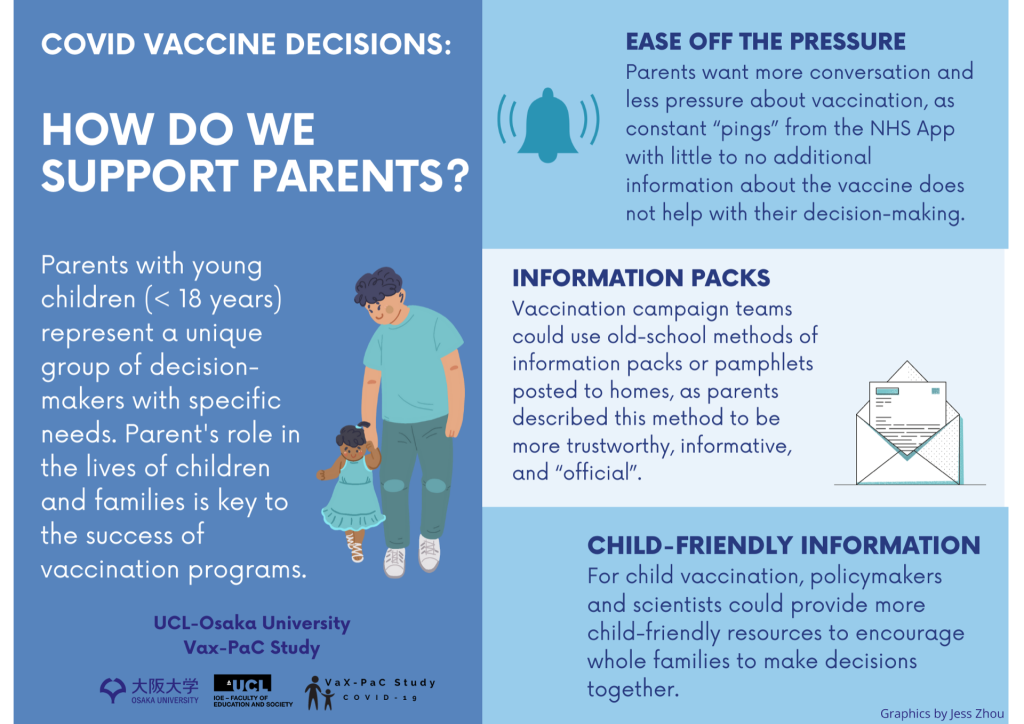Rising school absence: what do we know and what can we do?
By Blog Editor, IOE Digital, on 16 January 2024

Credit: Smolaw11 / Adobe.
Lindsey Macmillan and Jake Anders.
The start of 2024 has seen a renewed focus on persistent absenteeism from school, with the Secretary of State for Education announcing a major national drive to improve school attendance, and the Shadow Secretary of State for Education laying out Labour’s plans to ‘rebuild the broken relationship between schools, families and the Government’. Yet this is not a new problem: the issue of persistent absenteeism has been looming since schools returned to ‘normal’ after the COVID-19 pandemic.
Everyone agrees that the rise in pupil absence since the pandemic is of significant concern. But the causes and what we should do about this are much less clear. (more…)
 Close
Close











